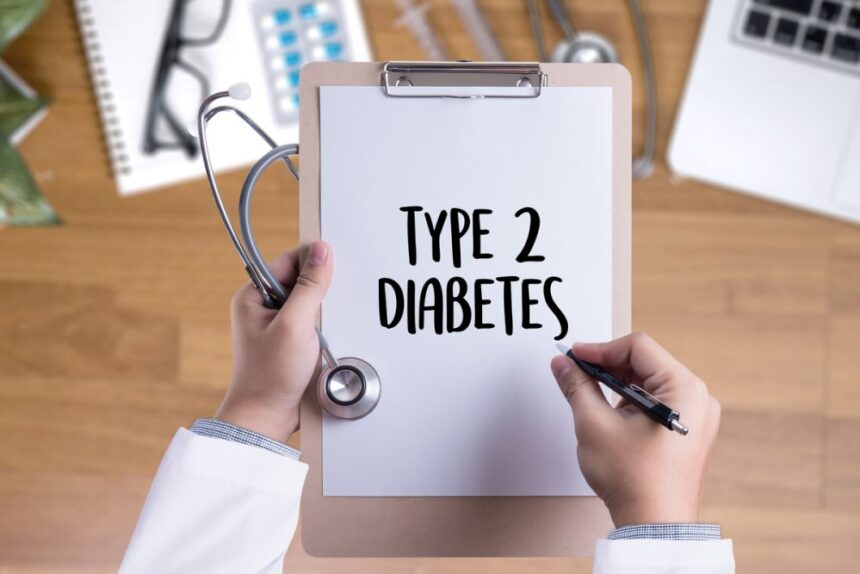Experts at Helmholtz Munich, Novo Nordisk, and the German Center for Diabetes Research have unveiled a new hormone combination treatment capable of mitigating type 2 diabetes as was demonstrated in animal studies.
According to the findings released in Nature Metabolism, the combination of the blood sugar-reducing drug tesaglitazar and glucagon-like peptide-1 (GLP1) improves glucose and fat metabolism while acting only on cells and tissue that contain GLP-1 receptors.
“Here we report the design and preclinical evaluation of a molecule that covalently links the peroxisome proliferator-activated receptors alpha and gamma (PPARɑ/ɣ) dual-agonist tesaglitazar to a GLP-1 receptor agonist (GLP-1RA) to allow for GLP-1R-dependent cellular delivery of tesaglitazar,” Carmelo Quarta and his fellow co-authors explained in their report.
“Our data show that GLP-1RA/tesaglitazar improves glucose control with superior efficacy to the GLP-1RA or tesaglitazar alone and suggest that this conjugate might hold therapeutic value to acutely treat hyperglycaemia and insulin resistance,” the authors determined.
In spite of the findings, researchers now want to turn their focus on the drug’s potential treatment of type 2 diabetes in humans.


